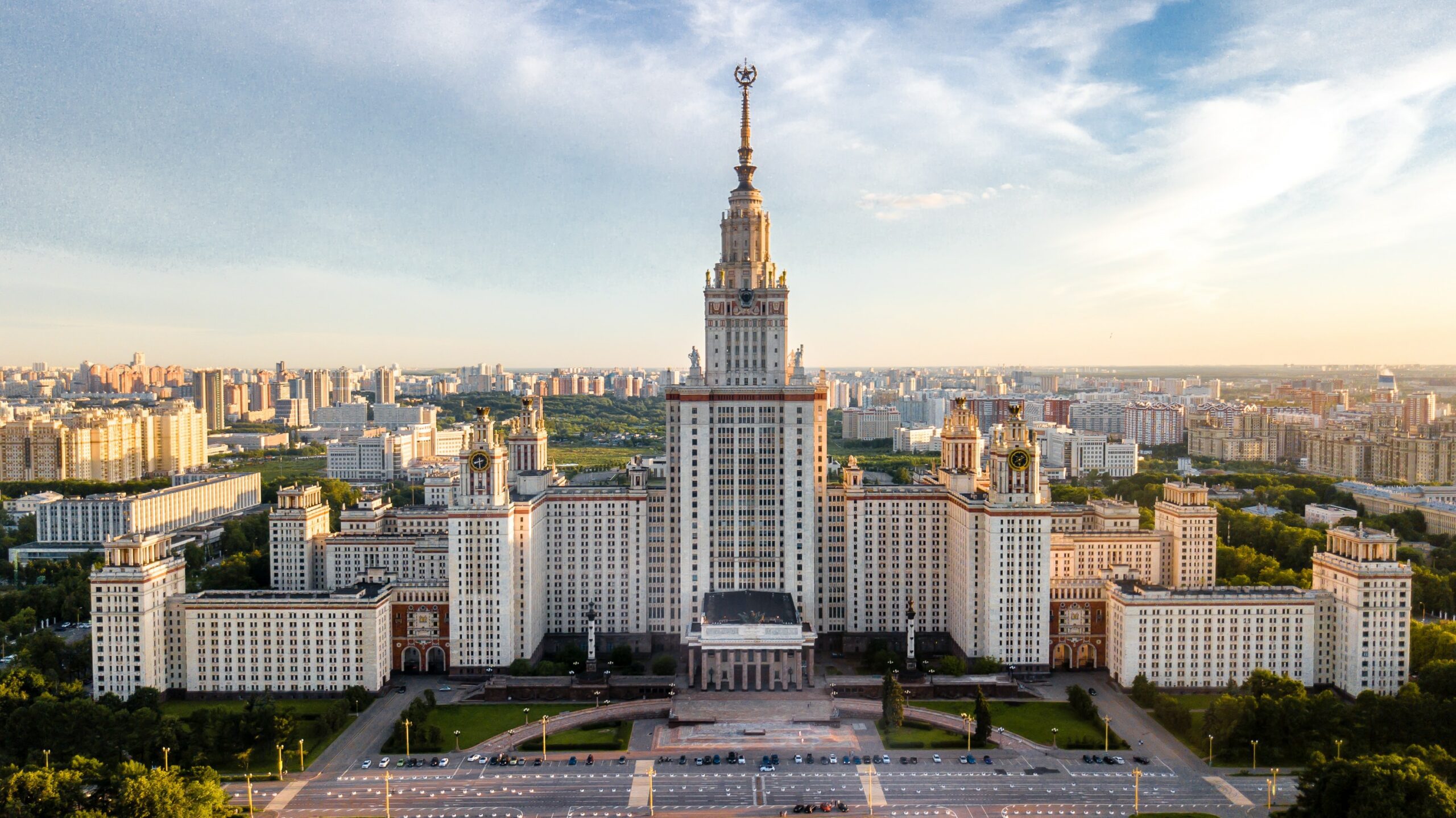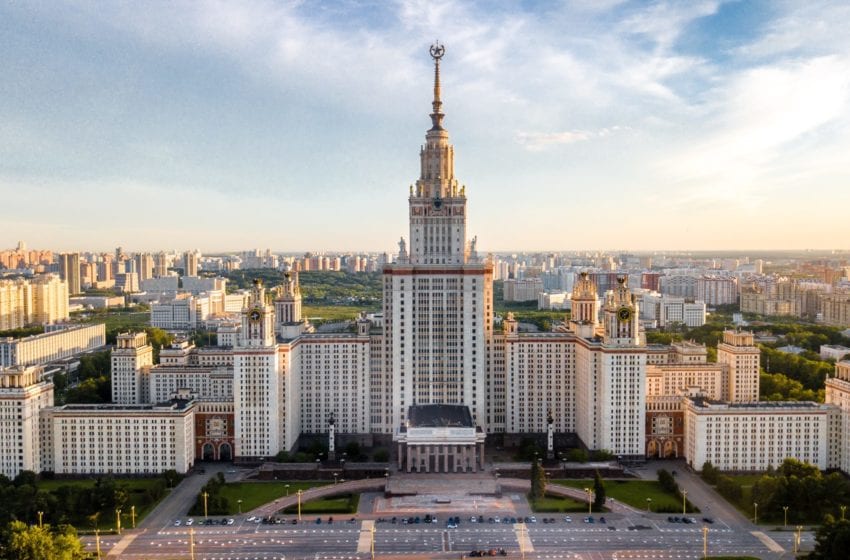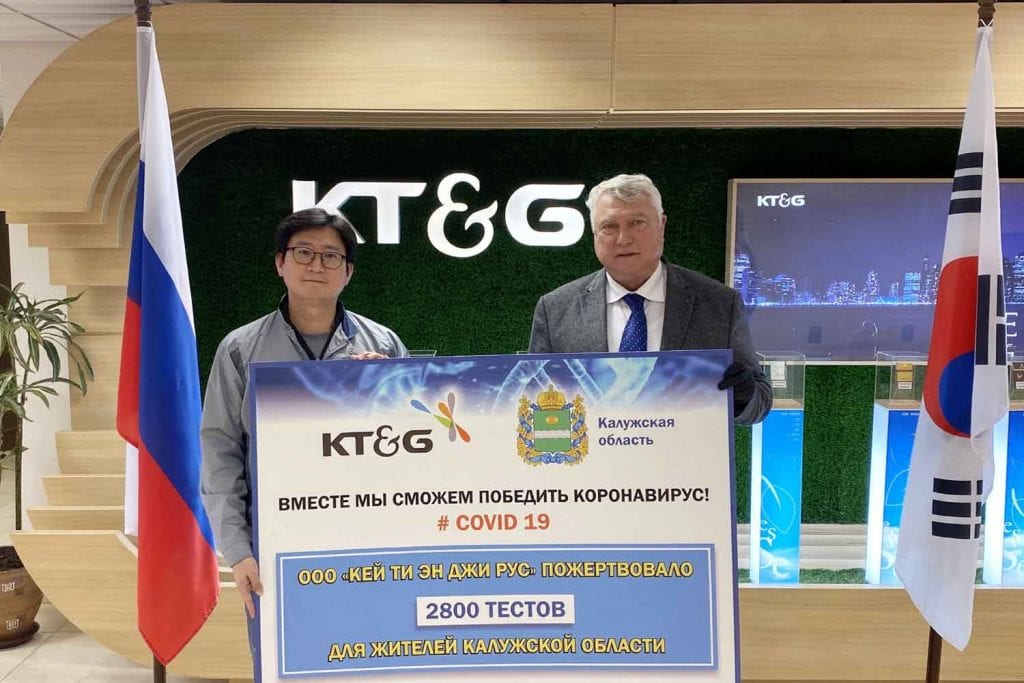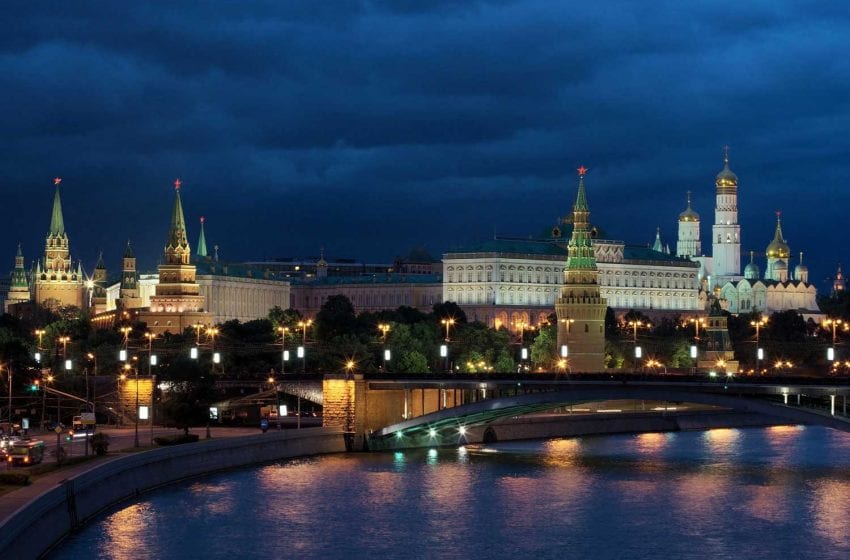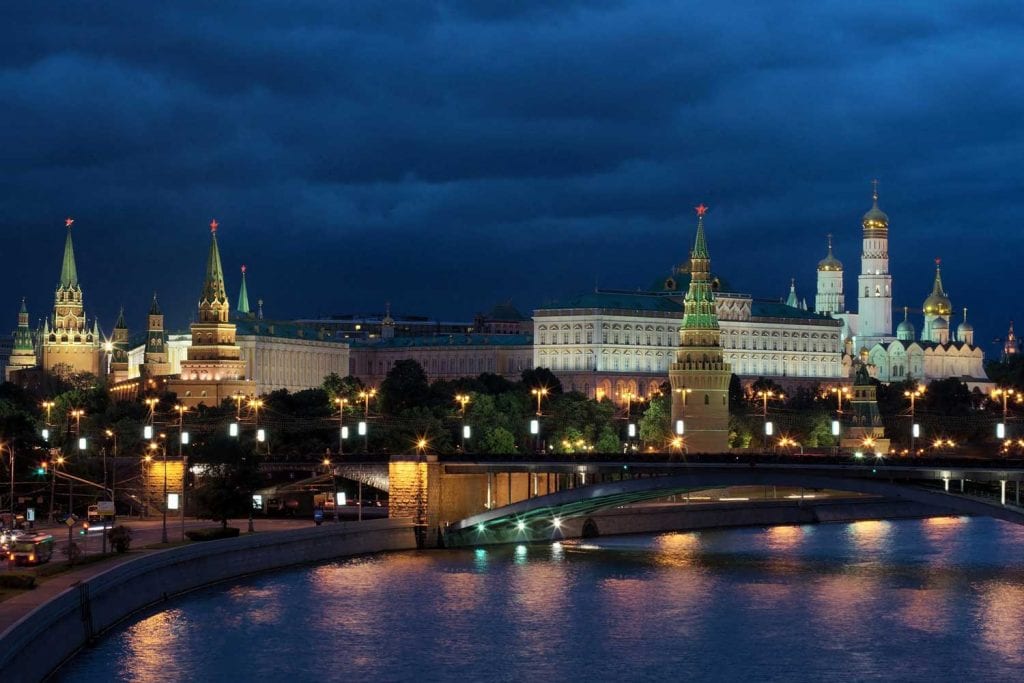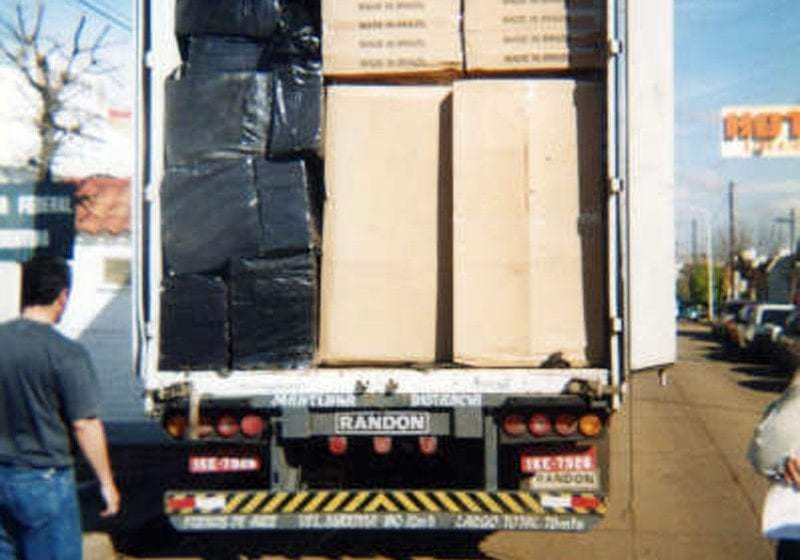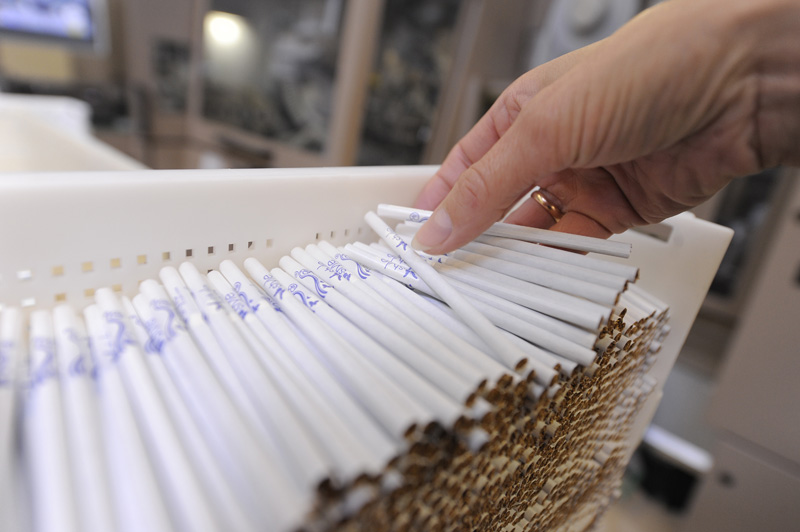Age-adjusted rates of premature death from smoking in Russia dropped by nearly 34 percent between 1994 and 2016, according to a story in Science Magazine citing ‘the most extensive health study on the nation ever conducted’.
More generally, life expectancy in Russia during the same period increased by more than seven years, while rates of death among children under the age of five decreased by nearly 60 percent.
Russia saw progress also in reducing premature death (as measured in years of life lost – YLLs) from stomach cancer, drowning, and chronic obstructive pulmonary disease.
“These are significant accomplishments,” Dr. Mohsen Naghavi, a professor of health metrics sciences at the Institute for Health Metrics and Evaluation (IHME) at the University of Washington, was quoted as saying. “Russia’s public health officials deserve recognition for their efforts lowering the country’s burden of disease.”
However, the study concludes that the nation continues to face considerable health challenges.
Russia exceeds all other countries for age-adjusted premature death rates attributed to alcohol use disorders and has the second-highest premature death rate from drug use globally.
“Like many other nations, more than half of all deaths in Russia can be attributed to behavioral risk factors, most prominently alcohol and substance abuse,” said Dr. Christopher Murray, an author on the study and director at IHME.
The study, Burden of disease in Russia, 1980-2016: a systematic analysis for the Global Burden of Disease Study 2016, was published on Friday in the international medical journal The Lancet. It is part of the Global Burden of Disease study, a comprehensive effort to quantify health internationally, covering 333 diseases and injuries and 84 risk factors.
Researchers found more than half of all deaths in Russia are attributable to behavioral risk factors, such as smoking, alcohol use, dietary risks, low physical activity, drug use, and unsafe sex. However, high blood pressure, a metabolic risk factor, was the leading risk for death in Russia, accounting for nearly one in three deaths in 2016.
The ‘top 10’ causes of premature mortality in 2016 were given as:
- Ischemic heart disease
- Stroke
- Suicide
- Cardiomyopathy
- Road injuries
- Lower respiratory infections
- Lung cancer
- Alcohol use disorders
- Interpersonal violence
- HIV/AIDS
And the ‘top 10’ risk factors contributing to premature mortality in 2016 (ranking based on all ages rates of YLLs per 100,000 people):
- High systolic blood pressure
- Alcohol use
- Smoking
- High total cholesterol
- High body-mass index
- Diet low in whole grains
- High fasting plasma glucose
- Diet low in fruits
- Diet low in nuts and seeds
- Ambient particulate matter pollution.
